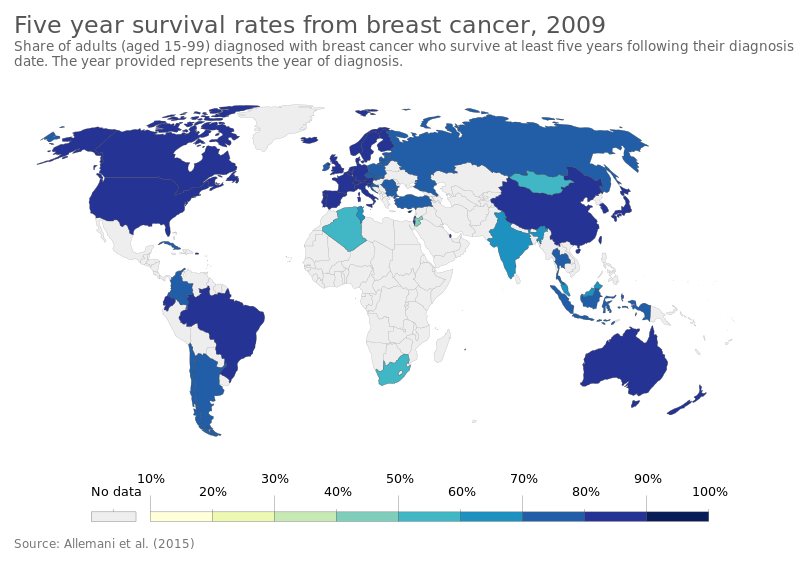Understanding Congenital Cytomegalovirus: An Overlooked Pregnancy Risk

In a startling revelation, congenital cytomegalovirus (CMV) has emerged as a significant yet often overlooked threat to fetal health, particularly in Australia where it affects over 2,000 infants annually. This virus, a member of the herpes virus family, poses a severe risk of lifelong disabilities, including cerebral palsy and deafness, with a staggering one in five affected children facing such challenges. Alarmingly, only 14% of women aged 20 to 40 are aware of this infection, as highlighted by a 2023 national survey conducted by the Australian Institute of Health and Welfare (AIHW).
The case of Leo, a young boy diagnosed with cerebral palsy due to congenital CMV, underscores the urgent need for increased awareness and education among expectant mothers. His mother, Sara, initially enjoyed a healthy pregnancy but became concerned when Leo failed to meet developmental milestones. After extensive medical evaluations, a newborn blood panel finally identified CMV as the underlying cause of Leo’s condition.
“Had I known about CMV during my pregnancy, I would have taken precautions, especially with a child in daycare,” Sara stated, reflecting the sentiments of many parents unaware of CMV's dangers.
According to Dr. Antonia Shand, an obstetrician at the University of Sydney, CMV is primarily transmitted through close contact with bodily fluids, particularly saliva from young children. “Most children catch it from their peers in childcare settings, and parents often contract it from their infected children via shared utensils or close contact,” Dr. Shand explained. She further noted that approximately one in three children in New South Wales childcare centers carry the virus, which remains asymptomatic in many cases.
The implications of CMV are profound; if a pregnant woman contracts the virus in her first trimester, she faces a one in three chance of transmitting it to her unborn baby, with significant risks of developmental issues. Dr. Shand emphasizes preventive measures, advising pregnant women to avoid sharing food, drinks, or utensils with small children, particularly in the early stages of pregnancy.
Further studies reveal that the lack of awareness surrounding CMV is a widespread issue. A 2021 study published in the Journal of Maternal-Fetal & Neonatal Medicine found that only 10% of maternal healthcare providers routinely discuss CMV with pregnant patients. This gap in knowledge could have devastating effects on families like Sara’s.
The Cerebral Palsy Alliance, an organization dedicated to supporting families affected by cerebral palsy, points out that while children like Leo can lead fulfilling lives with appropriate therapies, prevention through education is crucial. “Why didn’t anyone tell me?” Sara’s poignant question encapsulates the frustration many parents feel regarding the lack of information on this preventable risk.
As awareness grows, experts urge healthcare systems to incorporate CMV education into standard prenatal care. The need for comprehensive guidelines and patient education could significantly reduce the incidence of CMV-related disabilities. The broader societal implications of better awareness and prevention strategies could lead to healthier outcomes for hundreds of families each year.
Sara’s experience serves as a call to action for healthcare providers and expectant parents alike. With increased vigilance and education, the tragic consequences of congenital CMV can be mitigated, ensuring that no parent has to ask, “Why didn’t I know?” during their pregnancy journey. For more information on CMV and its prevention, visit the Cerebral Palsy Alliance at cerebralpalsy.org.au.
Advertisement
Tags
Advertisement





